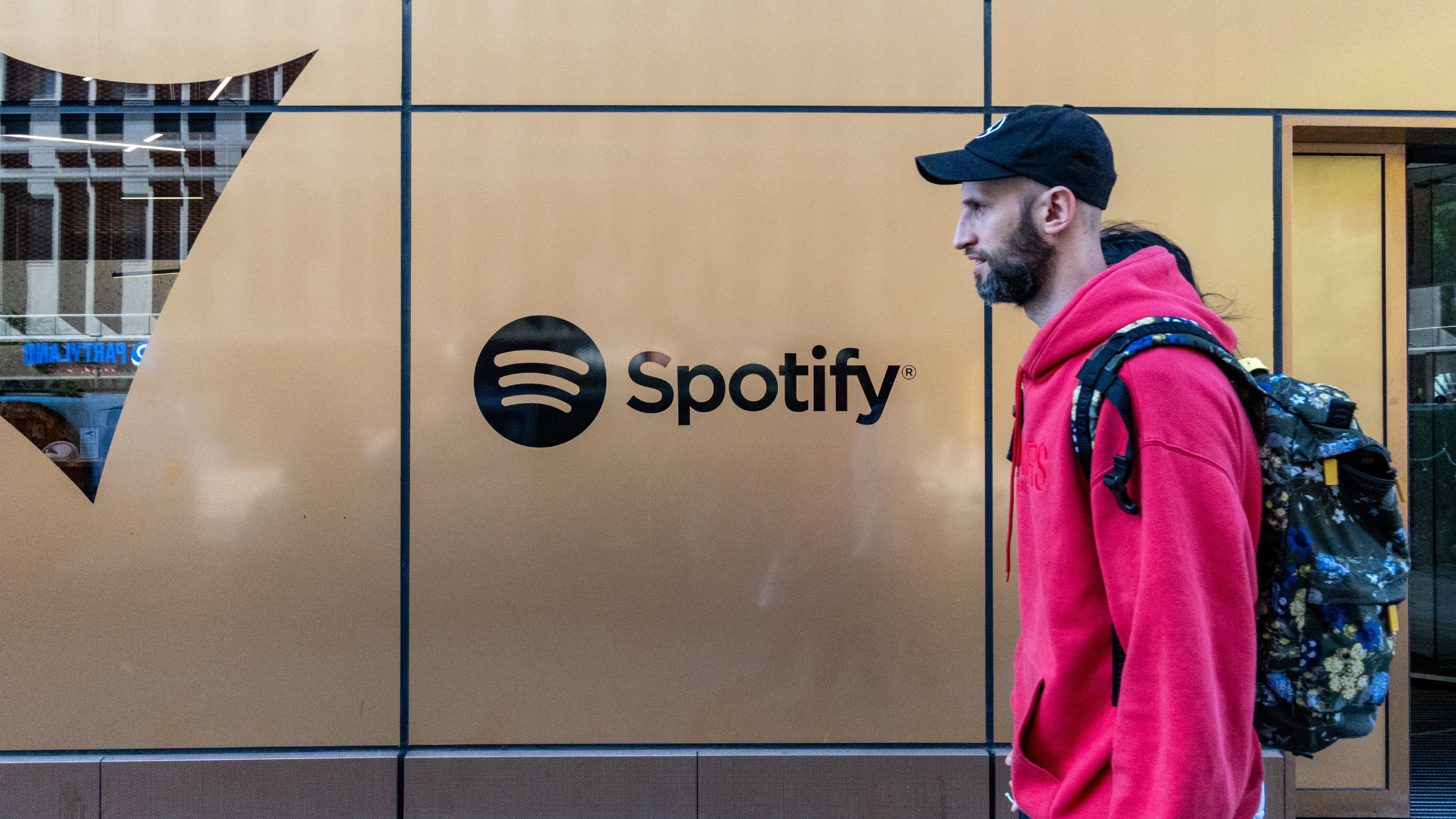A competition law expert and musician, Amelia Fletcher, has written a letter to Spotify CEO Daniel Ek expressing her concerns about the company’s plan to introduce a two-tier payment system. Under this system, tracks on the streaming platform will need to meet a threshold in order to earn any royalties. Fletcher argues that Spotify’s ability to demonetize a portion of the music reflects a significant power imbalance between the company and smaller artists and labels. In her letter, she emphasizes the importance of streaming through Spotify for emerging artists and labels to establish themselves in the music industry.
Spotify’s Plan and Response
Spotify’s plan comes as a response to calls from major record companies to evolve the streaming business model. Sources indicate that the initial threshold a track must pass to earn revenue will be 1000 plays per year. Supporters of the plan argue that tracks falling below this threshold currently earn insignificant amounts and are mostly created by non-professional artists who do not seek to make money from their music. However, Fletcher highlights that this new system diverts money away from grassroots music-makers to superstars and major corporations, which raises concerns about its fairness and potential impact on the music creation market.
Expert Analysis
As a competition law expert and musician, Fletcher emphasizes Spotify’s dominance in a market where most consumers subscribe to a single music service, known as “single-homing.” She compares Spotify’s proposed demonetization to Amazon deciding not to pay small traders who account for a small percentage of its revenues. Fletcher argues that the new system is not only exploitative and discriminatory toward music creators but also creates an unlevel playing field in the market for music creation. She further notes that the plan could result in the threshold increasing over time, exacerbating the issues faced by emerging artists and small labels.
Universal Music’s Support and Countering Arguments
Contrary to Fletcher’s concerns, Universal Music supports the scheme on the basis that it will reward artists with real fanbases for the engagement they drive on the platform. However, Fletcher finds this argument offensive and suggests that supporters fail to recognize the potential of emerging artists, genres, small labels, and culturally important artists in certain territories, ethnic groups, or genres. She believes that demonetizing these smaller grassroots artists is discriminatory and risks stifling their potential to shape the future of music and culture.
Spotify’s Contradictory Statements
Fletcher highlights Spotify’s contradictory statements regarding its mission to connect creators with fans and empower them to live off their art. On one hand, Spotify claims to support creators, while on the other hand, it is urging lawmakers to take action against what it perceives as anti-competitive conduct by Apple and Google regarding in-app payments. Fletcher argues that Spotify’s current proposal is not only unfair but also anticompetitive, potentially constituting an abuse of dominance under UK and EU competition law.
Conclusion
Amelia Fletcher’s letter to Spotify CEO Daniel Ek highlights concerns about the company’s plan to introduce a two-tier payment system. She argues that the new system is exploitative, discriminatory, and could create an unlevel playing field in the market for music creation. Fletcher emphasizes the importance of supporting emerging artists and small labels, as they contribute to the diversity and potential future of the music industry. Ultimately, the success of Spotify’s proposal will depend on the response of both artists and the music industry as a whole.

